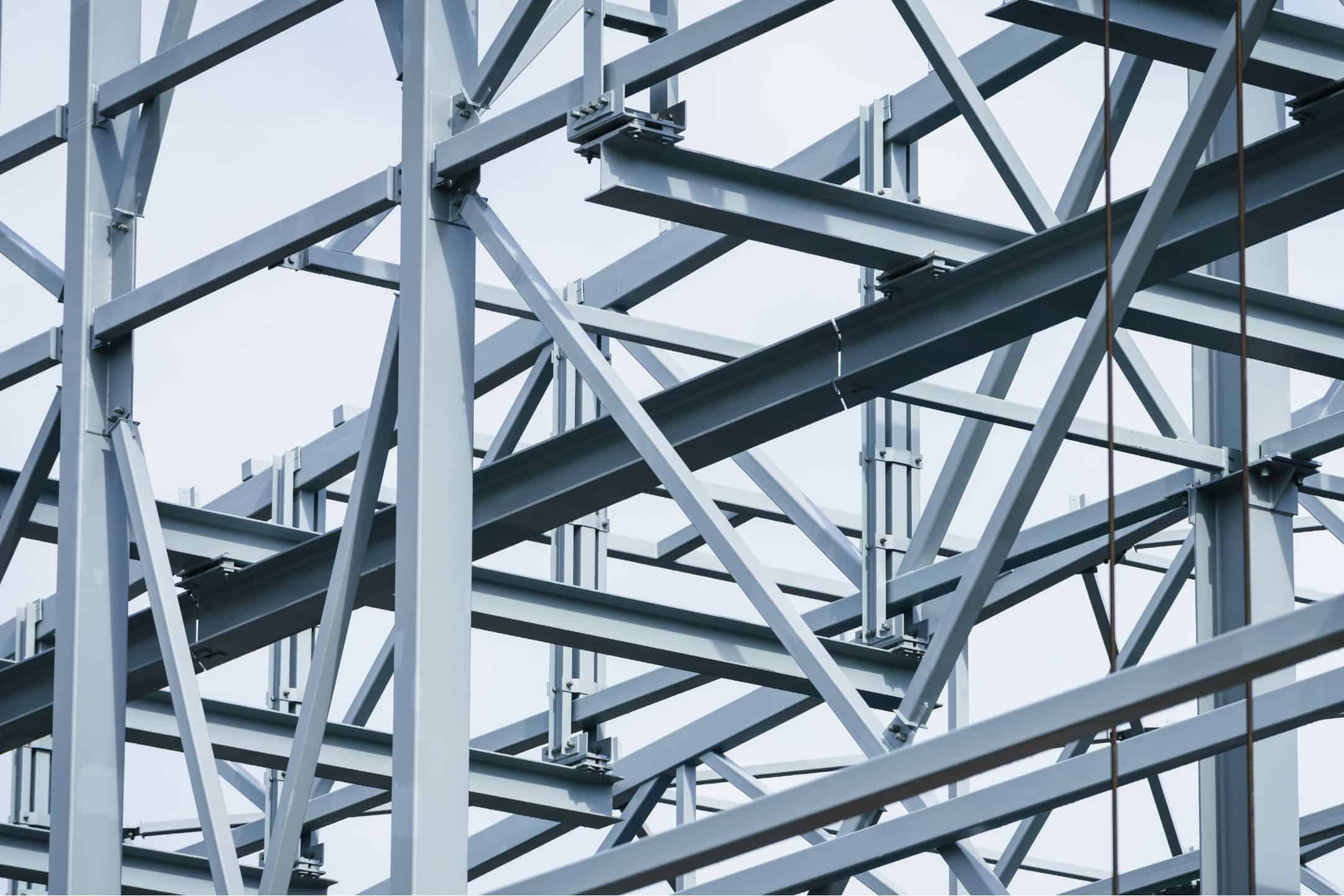In the construction and property industry, warranties offer both financial protection and peace of mind for developers, contractors and homeowners. However, understanding the different types of cover available can be confusing, especially when terms like building warranty insurance and structural warranty are used interchangeably.
While both forms of cover are designed to protect against risks associated with newly built or renovated properties, they offer different levels of protection and are intended for different circumstances. Knowing the differences between them can help property professionals choose the right insurance for their project and ensure they remain compliant with lending and legal requirements.
What is Building Warranty Insurance?
Building warranty insurance is a type of policy designed to protect against a wide range of defects and issues that can arise after the completion of a residential or commercial build. Its primary purpose is to ensure that any problems resulting from faulty workmanship, design flaws or material failures are rectified without leaving the property owner to cover the cost.
Typically valid for a ten-year period, this form of insurance provides comprehensive protection during and after construction. In the early years (usually the first two) the cover may include defects related to general workmanship and materials, known as the ‘defects insurance period.’ During the remainder of the term, it often focuses on more serious structural or latent defects.
Building warranty insurance is commonly required by mortgage lenders before they agree to finance a property. This makes it essential for developers and builders looking to sell newly constructed homes, as well as for homeowners who wish to secure lending or refinance. The policy protects buyers by ensuring that if the builder becomes insolvent or is otherwise unable to rectify any issues, the warranty will still cover the cost of repair.
What is a Structural Warranty?
A structural warranty specifically covers the structural integrity of a building. Unlike broader building warranty insurance, it is primarily focused on serious issues that may compromise the stability or safety of a structure. This includes the foundations, load-bearing walls, beams, roofing and other structural components that are critical to the overall durability and safety of a building.
Structural warranties are also long-term policies, generally lasting for ten to twelve years from practical completion. During this period, they provide reassurance to homeowners and developers that any major structural damage that could occur due to poor workmanship, design flaws or materials will be repaired at no cost to them.
This type of warranty is especially important for residential new builds and major refurbishment or conversion projects, where significant changes to the building’s original structure have taken place. Lenders, especially those involved in high-value property loans, often insist on a structural warranty before financing the purchase.
Key Differences Between Building Warranty Insurance and Structural Warranty
While building warranty insurance and a structural warranty may appear similar on the surface, there are several key differences that set them apart.
The most notable distinction lies in the scope of coverage. Building warranty insurance tends to offer broader protection, including minor defects and issues related to workmanship and materials, particularly in the early years of the policy. In contrast, a structural warranty is more focused, offering cover exclusively for major structural components and failures.
Another difference is in the structure of the policy terms. Building warranty insurance usually includes a defects period (commonly the first two years) followed by a structural insurance period. Structural warranties may not always include this initial defects period and instead focus solely on long-term structural cover.
Here’s a structured comparison between Building Warranty Insurance and Structural Warranty in a table format:
| Feature | Building Warranty Insurance | Structural Warranty |
| Definition | Covers defects, poor workmanship, or issues arising during the construction process. | Covers structural integrity and major defects in the building’s foundation, walls, and load-bearing elements. |
| Coverage Period | Usually covers a shorter term (1–2 years for defects, up to 10 years for major issues). | Typically lasts 10–12 years and focuses on structural defects. |
| Scope of Protection | Covers minor and major defects, including materials |
The providers of these policies may also vary. Building warranty insurance is typically offered by specialist insurance providers or underwritten by major insurers who deal directly with builders, developers or intermediaries such as brokers. Structural warranties are often arranged through specialist warranty providers or developers themselves as part of a new home purchase package.
In terms of timing, building warranty insurance may be taken out earlier in the development phase and offer more flexibility for a range of construction scenarios, including part-completed or retrospectively covered properties. Structural warranties, while also issued during or shortly after construction, may have more rigid requirements around inspections and building control.

Which Cover Do You Need?
Choosing between building warranty insurance and a structural warranty depends on a range of factors, starting with the type and scope of the property development. A large residential project intended for sale on the open market will almost certainly require full building warranty insurance to meet lender conditions and provide potential buyers with peace of mind.
If you are undertaking a self-build or a conversion that significantly alters the building’s original structure, a structural warranty may be more appropriate, particularly where the primary concern is long-term structural integrity.
Legal and regulatory requirements are also a key consideration. Mortgage lenders often insist on a ten-year warranty from a recognised provider before approving funding for a new build. In such cases, building warranty insurance may be the only viable option. For developers or contractors managing risk and liability across a portfolio of properties, combining both forms of cover or ensuring your warranty includes sufficient structural protection may be necessary.
Cost is another important consideration. Building warranty insurance may have higher upfront costs due to its broader coverage, but the benefits it offers in terms of lender compliance and resale value often make it worthwhile. Structural warranties, while sometimes more affordable, offer narrower protection, which may not be enough in every scenario.
Here’s a table to help determine which cover is needed based on different scenarios:
| Scenario | Building Warranty Insurance | Structural Warranty |
| New Build Homeowners | ✅ Yes – Covers defects in materials, plumbing, and finishes. | ✅ Yes – Protects against major structural failures. |
| Property Developers | ✅ Yes – Ensures quality construction and reduces liability for defects. | ✅ Yes – Provides long-term structural protection for buyers. |
| Self-Build Projects | ✅ Yes – Covers workmanship and materials during construction. | ✅ Yes – Essential for future resale value and mortgage approvals. |
| Buy-to-Let Investors | ✅ Yes – Covers potential issues with finishes and fittings that could affect tenants. | ✅ Yes – Ensures long-term durability of the building structure. |
| Commercial Buildings | ✅ Yes – Covers construction defects affecting usability. | ✅ Yes – Required for long-term structural stability. |
| Older Properties (Renovation Work Only) | ❌ No – Typically applies to new builds, not refurbishments. | ❌ No – Unless structural work is being carried out. |
Comparing quotes, evaluating policy terms and seeking guidance from experts can help you identify the most suitable form of protection for your project.
Choosing the Right Warranty for Your Project
Understanding the differences between building warranty insurance and structural warranty cover is vital for anyone involved in construction, renovation or property development. While both types of protection offer valuable benefits, they are designed to address different levels of risk and financial responsibility.
Building warranty insurance offers wider cover, encompassing defects, workmanship issues and structural concerns, making it ideal for developers, builders and anyone planning to sell or refinance newly built properties. On the other hand, structural warranties provide focused protection against serious structural failures, offering long-term reassurance for homeowners and lenders.
Contact BuildSafe today for expert advice and access to comprehensive, lender-approved warranty policies tailored to your construction project. Our team can guide you through the process and help you secure the most suitable protection.






